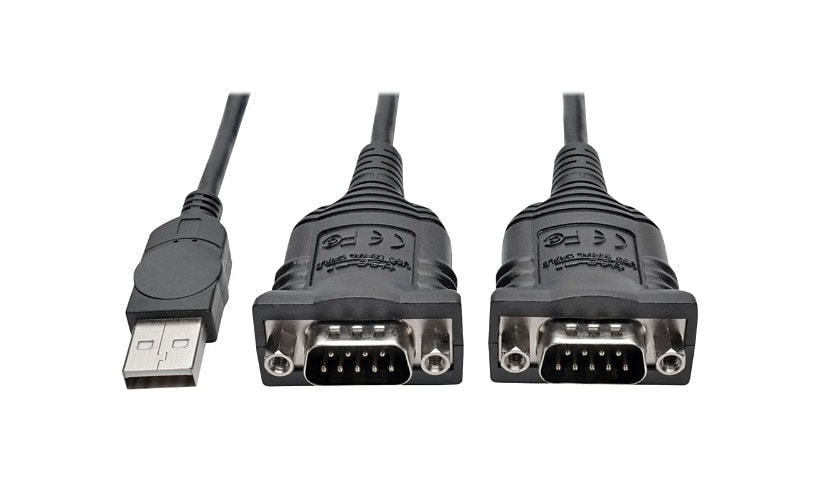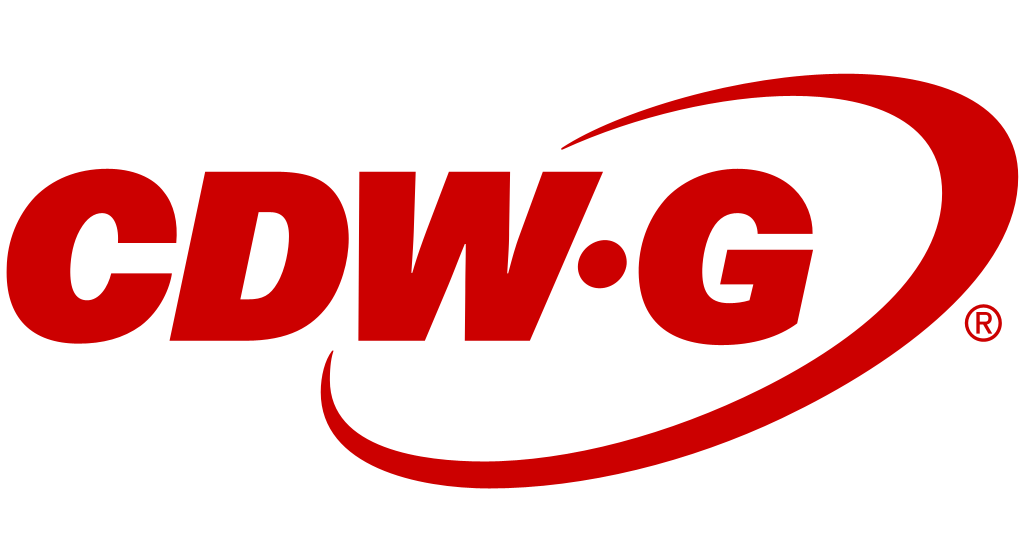
Quick tech specs
- Connect 2 devices with 9-pin RS232 serial ports to the USB-A port on your computer laptop or tablet
- Supports data transfer speeds up to 225 Kbps
- Portable 6 ft. design fits perfectly into laptop bag
- No external power required
- USB to DB9 Cable/ USB to DB9 Adapter/ DB9 Serial adapter RS232/ DB9 RS232 Serial
- Premium foil and braid shielding reduces EMI/RFI line noise
- Compatible with Windows Mac and Linux devices
- Integrated FTDI FT232RL chipset
Know your gear
The U209-006-2 2-Port USB to DB9 Serial FTDI Adapter Cable (M/M) allows you to connect two 9-pin RS-232 serial peripherals to a device with a USB-A port. Recommended for connecting a modem, digital camera, PDA or ISDN terminal to your computer, laptop or tablet, this cable supports data transfer speeds up to 225 Kbps - basically twice as fast as a built-in serial port. No external power source is required. The compact 1.83 m (6-ft.) cable tucks away in your backpack or laptop bag for use anywhere.
The hot-swappable U209-006-2 with built-in FTDI FT232RL chipset offers COM retention. It automatically reassigns the same COM port values to each port in case the cable is disconnected or the system is rebooted.
Premium foil and braid shielding delivers reliable, error-free signal quality and protection from EMI/RFI line noise. Molded nickel-plated connectors with gold-plated contacts ensure excellent conductivity. Integral strain relief ensures the cable and connectors last a long time. Works with Windows, Mac and Linux computers.
The hot-swappable U209-006-2 with built-in FTDI FT232RL chipset offers COM retention. It automatically reassigns the same COM port values to each port in case the cable is disconnected or the system is rebooted.
Premium foil and braid shielding delivers reliable, error-free signal quality and protection from EMI/RFI line noise. Molded nickel-plated connectors with gold-plated contacts ensure excellent conductivity. Integral strain relief ensures the cable and connectors last a long time. Works with Windows, Mac and Linux computers.
Add to Compare
